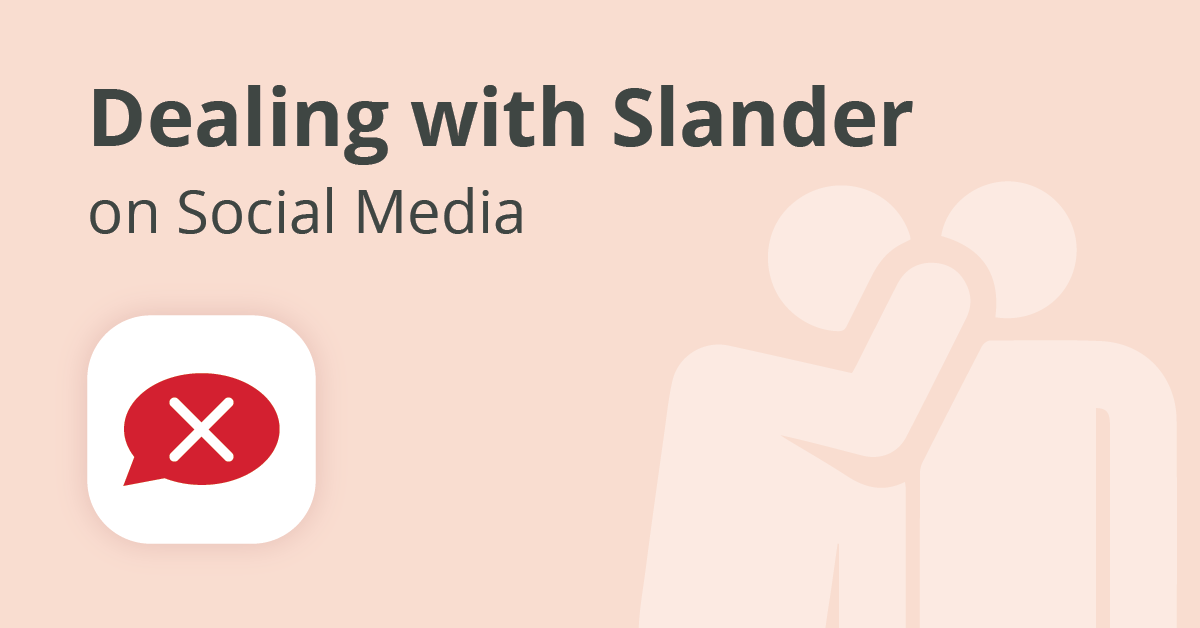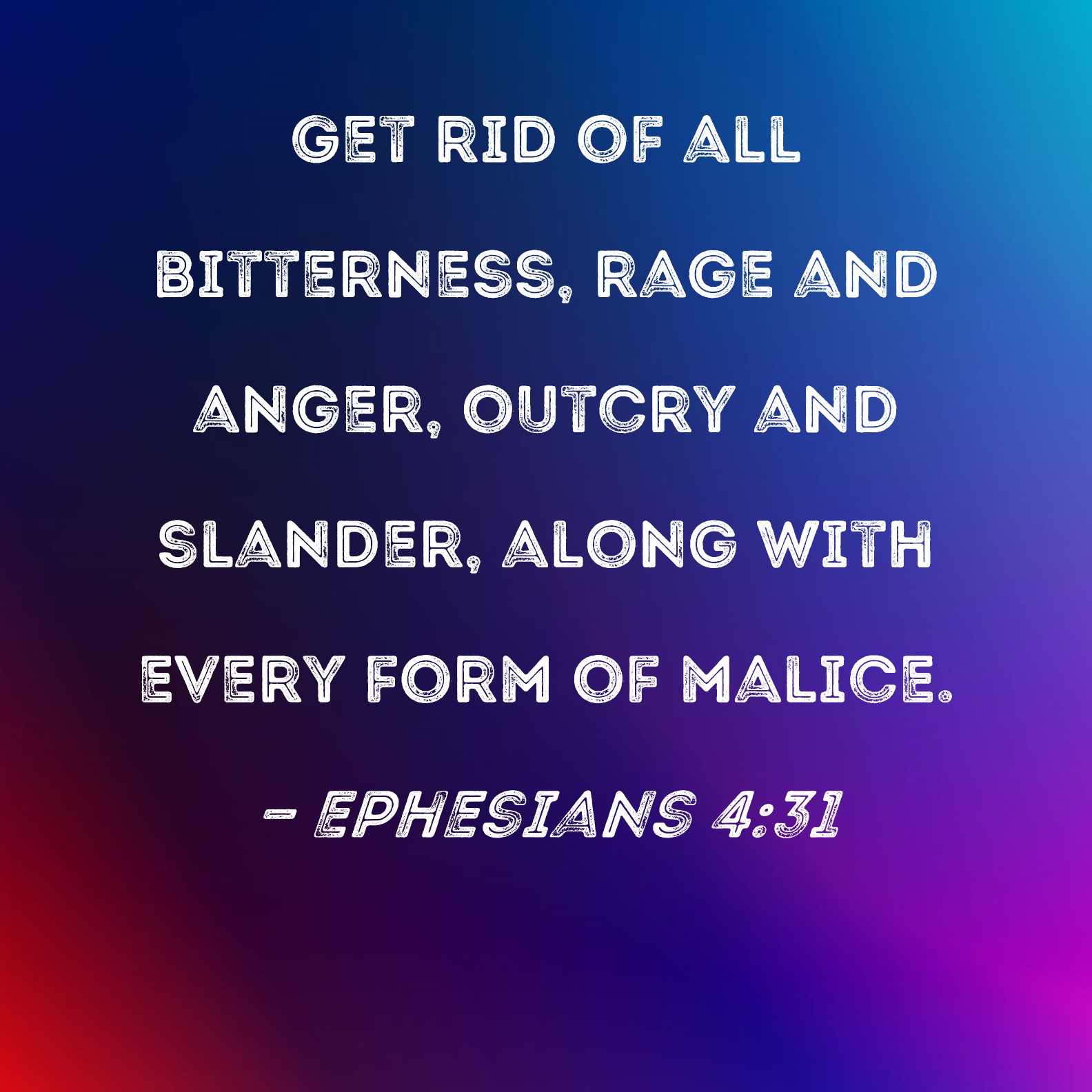Glory Info About How To Deal With Slander

Learn the key factors to consider when deciding whether.
How to deal with slander. Because of its poisonous power, it is one of the adversary’s chief strategies to divide relationships and deter and derail the mission of the church. Libel and slander, known broadly as defamation, are untrue statements made by someone that are harmful to someone else’s reputation. The person will state something false with the impression that the details are.
We must be on our. Typically such slander makes them look. Watch her tedx talk on conflict and follow her on linkedin.
Defamation is when someone tells one or more persons an untruth about you and that untruth harms your reputation. Slander occurs when people present another person in a bad light based on lies. Our advice is in plain english and work with constant focus and dedication to each of our clients.
There are two types of defamation: If you are confident that you’re subjected to libel or slander on social media, there are a few steps you can take to try to. Made orally or in some other transient form.
Slander is typically defined as being an oral defamation. Slander or defamation of character through spoken statement, which affects the reputation of an individual, is a serious issue to be dealt with. A statement will amount to a slander if it is.
The statements can be about a person,. Understand the differences between defamation, slander, and internet libel, and how they impact personal injury claims. How to deal with slander in the workplace step 1:
April 6, 2023 • atlinjurylawers. The reality is that you are going to be slandered from time to time, so you shouldn’t allow it to throw you into a state of emotional turmoil when it happens. An action for defamation can be brought by:
Slander is when the false. Slander is a lie spoken about you that harms your reputation and causes personal or financial damages. There are different forms of defamation.
How to deal with slander on social media. Slandering others—giving voice to your negative views about other people (as opposed to their actions )—prevents you from seeing them in a positive light. Slander or defamation of character is a civil matter, and so we do not have any jurisdiction to assist with this.









:max_bytes(150000):strip_icc()/GettyImages-944046030-f0fcd2a355f0460eb95eee1303d33a84.jpg)








